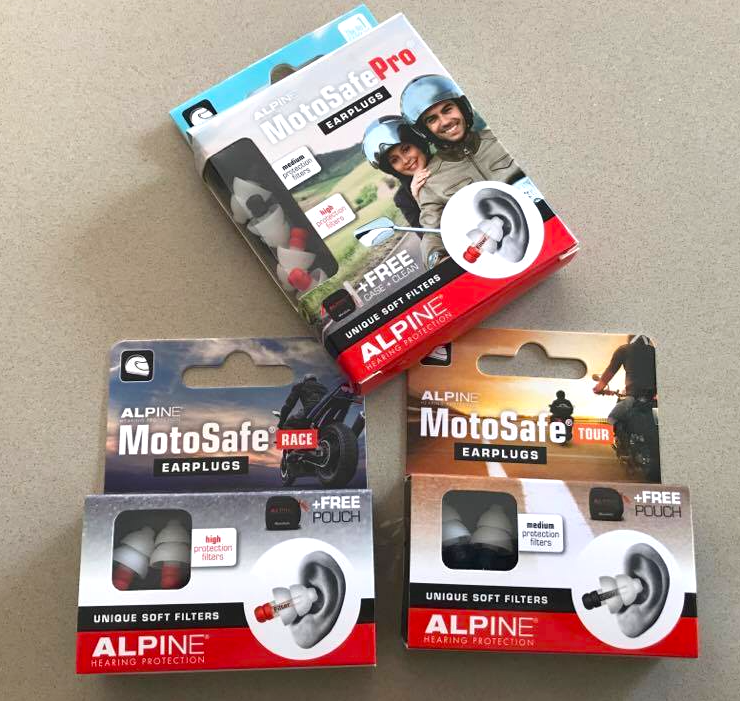Wind noise produced when riding a motorcycle can effect your hearing, but it may not impair your ability to hear important sounds.
These are the findings of two University of Bath traffic psychology researchers, Dr Ian Walker and Michael Carley. Dr Carley, in particular, has presented many papers on helmet noise and motorcycle aerodynamics.

“For me, the most interesting outcome of these studies was our finding that the wind noise that one experiences in a helmet has a more complicated effect on hearing than had previously been suspected,” says Dr Walker.
“It’s long been known – and is obvious to anybody who has been to a rock concert – that loud noise temporarily reduces the sensitivity of your hearing. What we found was that the wind noise produced by a motorcycle helmet has this same effect except for a certain band of frequencies where, apparently paradoxically, the wind noise makes hearing more sensitive than normal.
“These frequencies which are sensitized by helmet noise are frequencies which are particularly important in everyday life for hearing speech, and so their becoming more sensitive after riding a bike is particularly interesting.”
Michael says the findings debunk claims by anti-helmet campaigners that motorcycle helmets are a danger because they make it more difficult to hear important traffic noises and warning signals.
For long-term protection from hearing loss, Michael says there is one main solution. “For noise reduction, the first thing is to wear earplugs,” he says. “They won’t cut out everything but they do reduce the exposure. In-ear communications – such as Bluetooth speakers and earphones – are poison. They stop you using plugs, and they have to be turned up so high that they cause damage in their own right.

“In the long run, there is only so much you can do to reduce noise, but changes to helmet design, within reason, and to windscreens would do a certain amount of good.”


